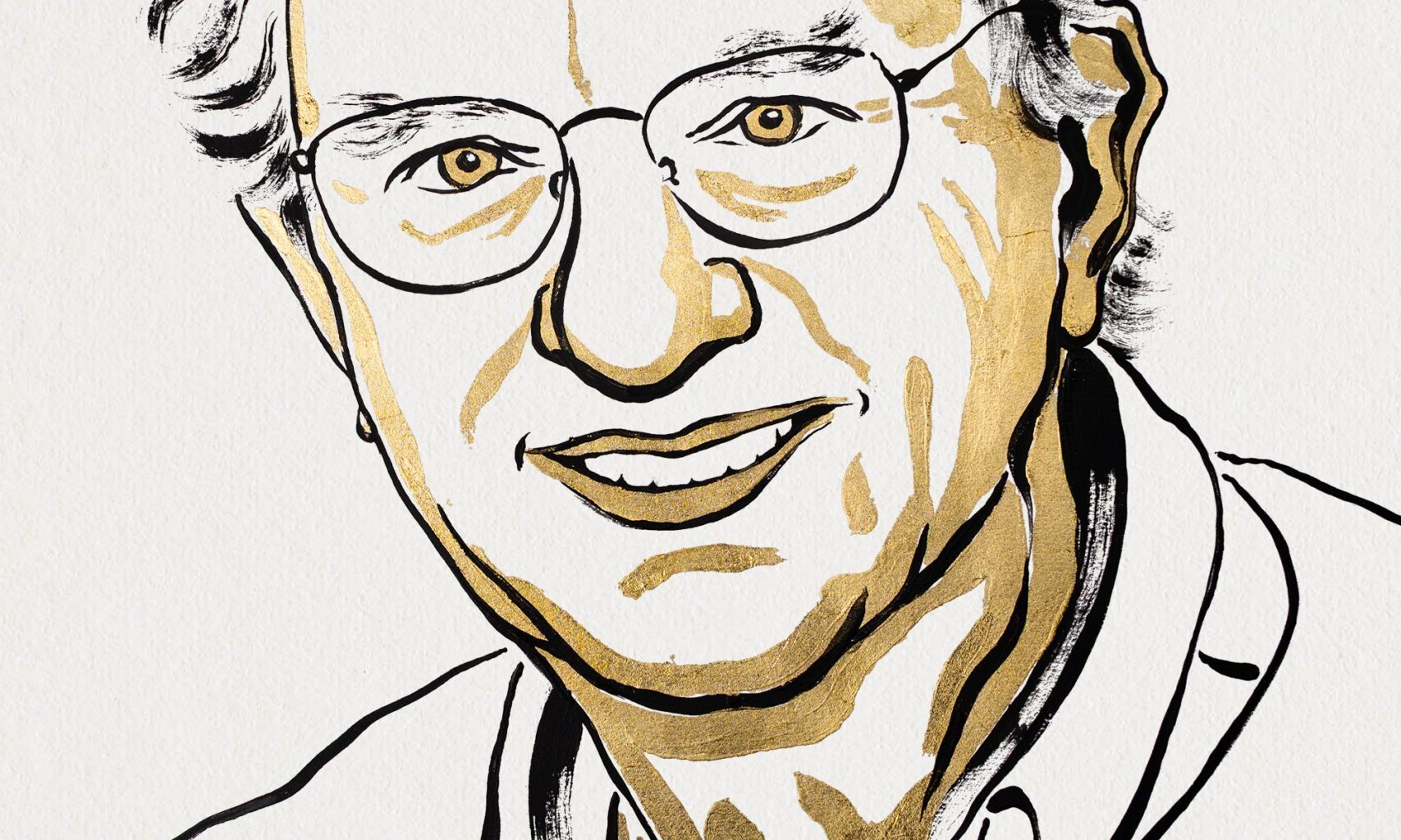Navigate to:
Summary– Facts– Interview– Photo gallery– Other resources- Michel H. Devoret- John M. Martinis Prize announcement Press release Advanced information Popular information
First reactions. Telephone interview with John Clarke, October 2025
“None of this work would have happened without the two of them.”
In this interview shortly after the prize announcement, the new physics laureate John Clarke is still stunned by the news. He praises his co-laureates John Martinis and Michel Devoret, whom he worked together with in a lab in Berkeley, California, some 40 years ago. Clarke recollects the many discussions and the extensive work that eventually led to the Nobel Prize-awarded discoveries.
Adam Smith: Hello professor Clarke, this is Adam Smith. I’m sorry to catch you immediately after you’ve just been through the press conference at the KVA.
John Clarke: Yes, I think it will be a very busy day. Yes.
AS: Thank you very much indeed and many congratulations on the award. How do you feel about the award of the prize today? Fresh as it is.
JC: What can I say? I’m still stunned. I’m so happy and so pleased that John Martinis and Michel Devoret have shared the prize with me. I could not imagine accepting the prize without the two of them. That would just be totally out of the question. And obviously the Nobel Prize committee was completely aware of this.
AS: This award takes us back 40 years to a time in your lab in Berkeley when Michel Devoret was a postdoc and John Martinis was a PhD student.
JC: That’s right.
AS: What are your recollections of that time and those experiments?
JC: First of all, I would like to say that I always felt very privileged to be able to work with such brilliant people. As you said, Michel was a postdoc, and John Martinis was a graduate student. And what can I say? They understood so many things. We had many discussions. I mean not many hours, but many days of discussions about all of this. It took us, I don’t remember offhand how long now, but it took us a very long time to get all this worked out.
AS: Sometimes it’s just like that, isn’t it? There’s a sort of constellation of people that just gels and works.
JC: Exactly right. I would like to say that none of this work would ever have happened without the two of them. They just were, and are, brilliant people.
AS: It’s obviously a magical combination of the three of you. And in the press conference with KVA, you referred to the kind of collegiality of all of this; other laureates, Brian Josephson, Anthony Leggett, part of science is just finding people who can spark ideas off each other, I suppose.
JC: Yes, I would like to say that I was a graduate student along with Brian Josephson. He was two years ahead of me as a graduate student. When he started to work on all of this, he and I actually got to know each other extremely well. He always lived in Cambridge in England, and he still does. And Tony Leggett, I got to know very well, but it was Brian Josephson who had an enormous impact on me. After this discovery, then we were both supervised by Brian Pippard, later Sir Brian Pippard. And I think that Brian Pippard’s impact on my career was also enormous. He was also a very kind man. I got to know him very well.
AS: Yes, Brian Josephson continues to challenge people and make them think to this day.
JC: Yes.
AS: When you did the work, when at the time of those experiments, were you aware of the significance of having demonstrated macroscopic quantum tunnelling?
JC: I think to some extent we were. I remember that we got invited to various conferences to give talks on this work. It was clear to us that people appreciated what we had done. I think that the sort of ongoing significance for the following 40 years, I think we didn’t have the remotest idea that that would happen.
AS: That’s lovely. It’s been an enormous pleasure speaking to you. Thank you very much indeed.
JC: Thank you so much. It was a pleasure to talk with you too.
AS: Good luck for the rest of your rather busy day ahead.
JC: Okay. It was a pleasure to talk with you and thank you again.
AS: Thank you. Bye-bye.
Did you find any typos in this text? We would appreciate your assistance in identifying any errors and to let us know. Thank you for taking the time to report the errors by sending us an e-mail.
To cite this section
MLA style: John Clarke – Interview. NobelPrize.org. Nobel Prize Outreach 2025. Tue. 14 Oct 2025.
Back To Top
Takes users back to the top of the page

